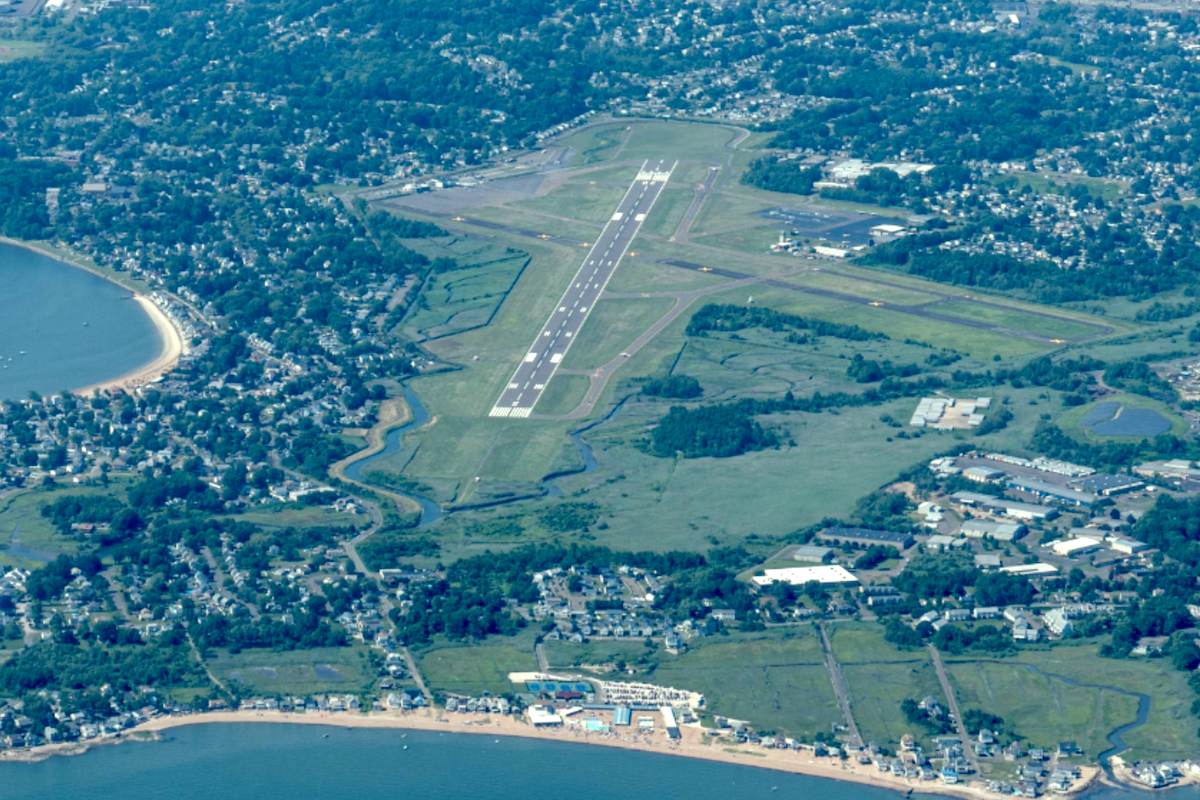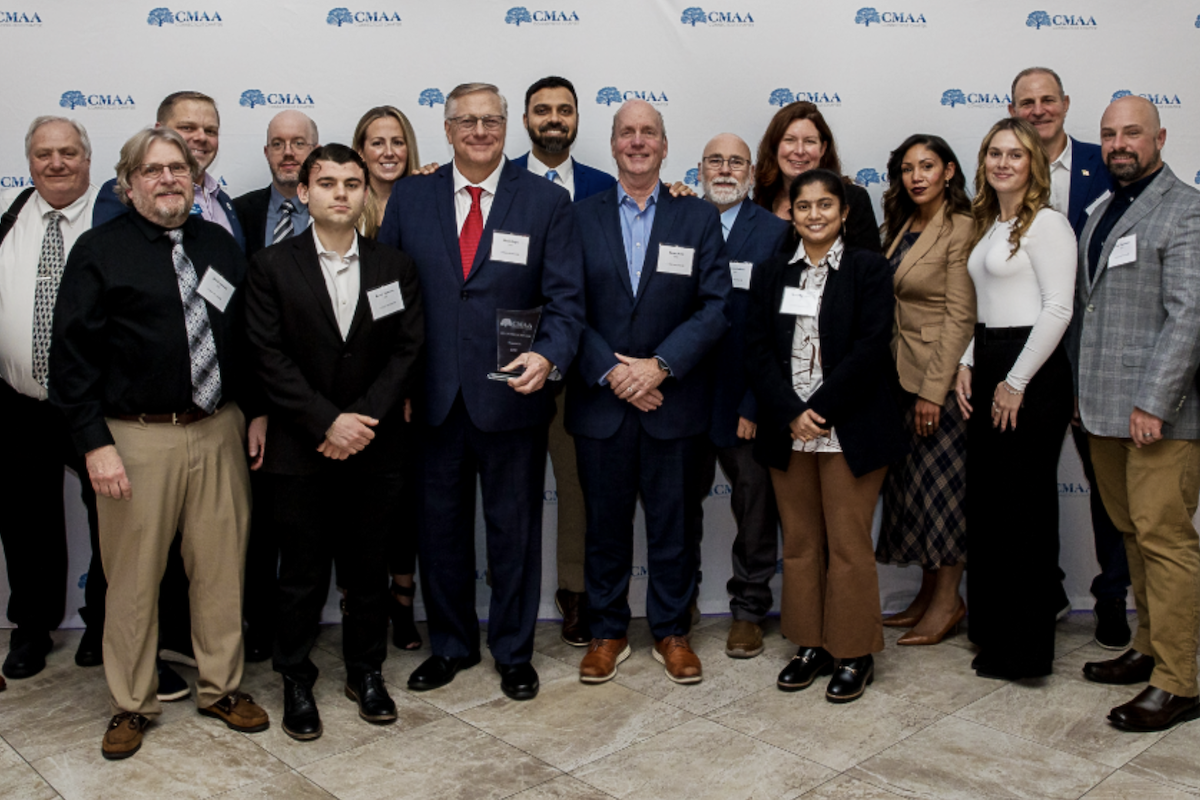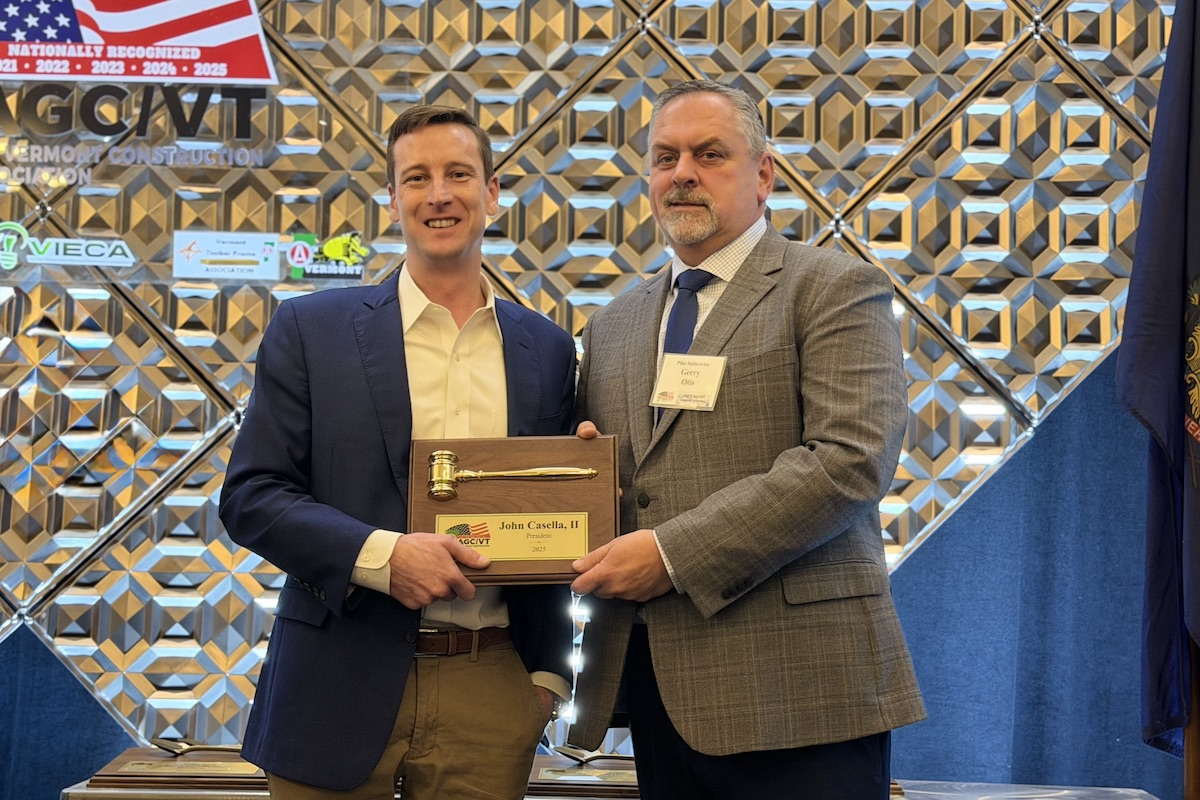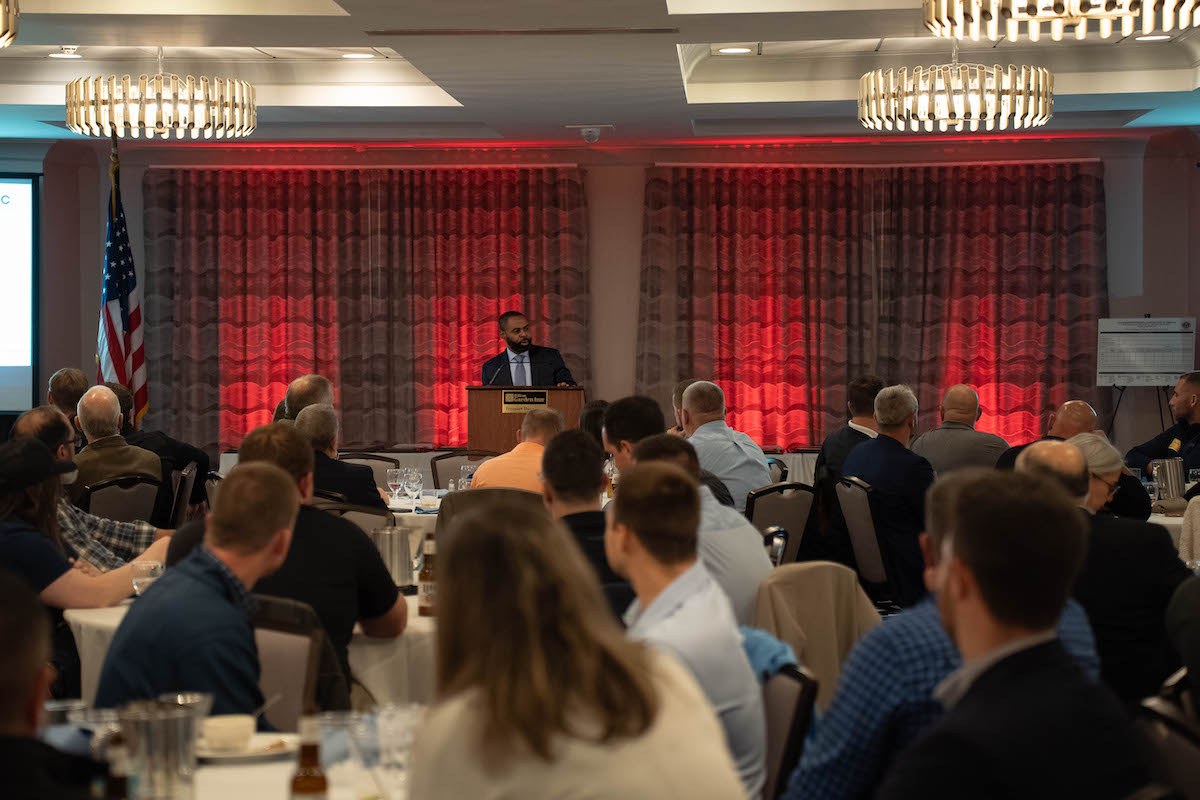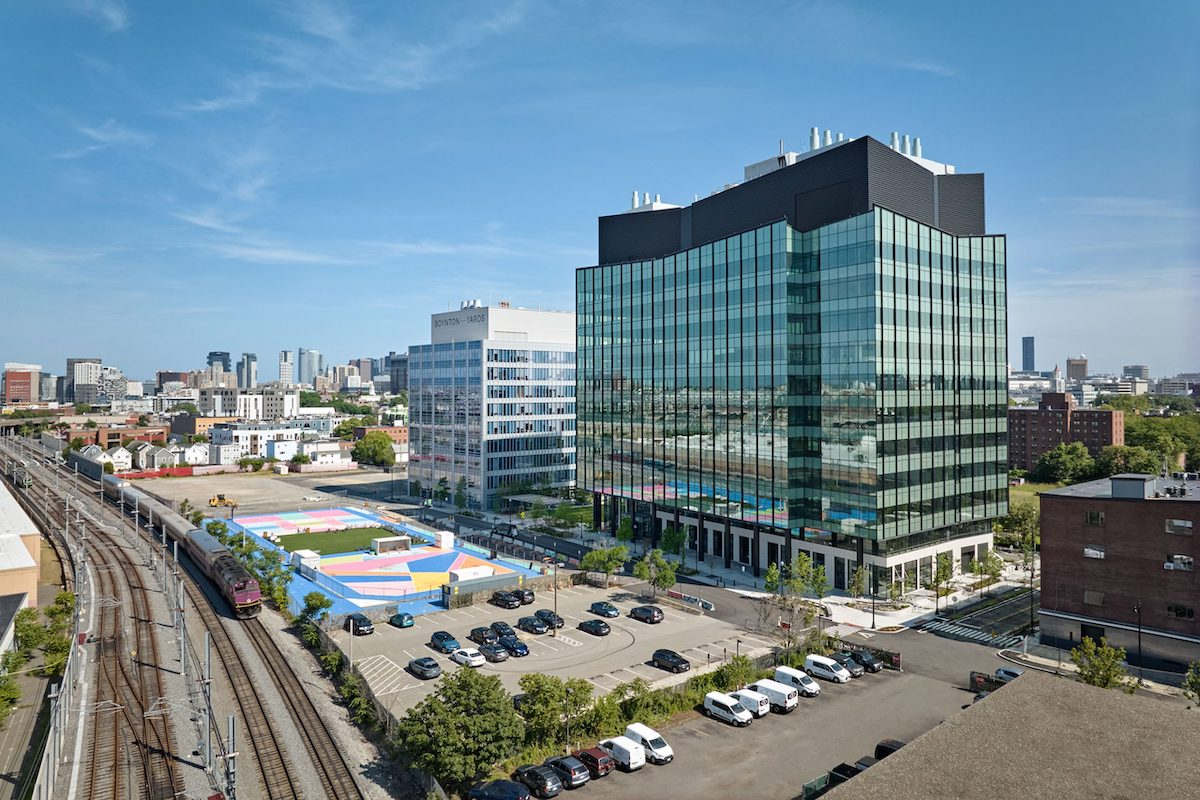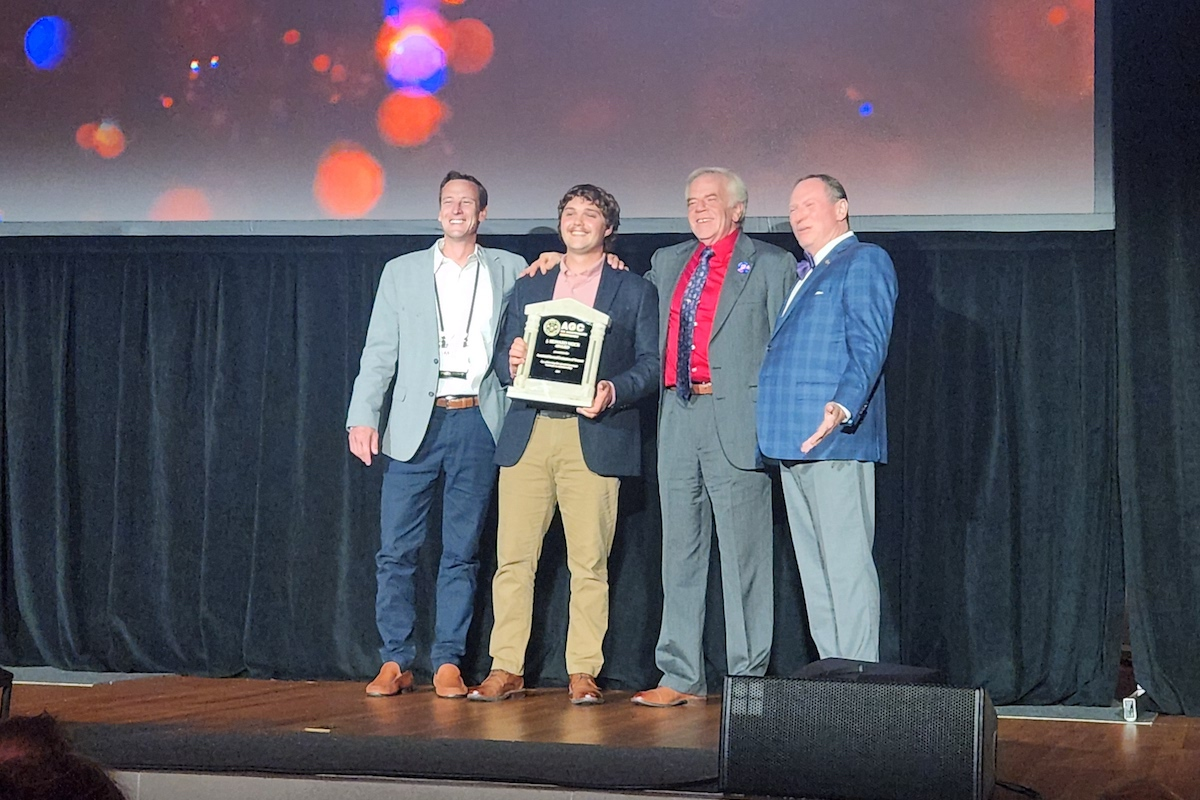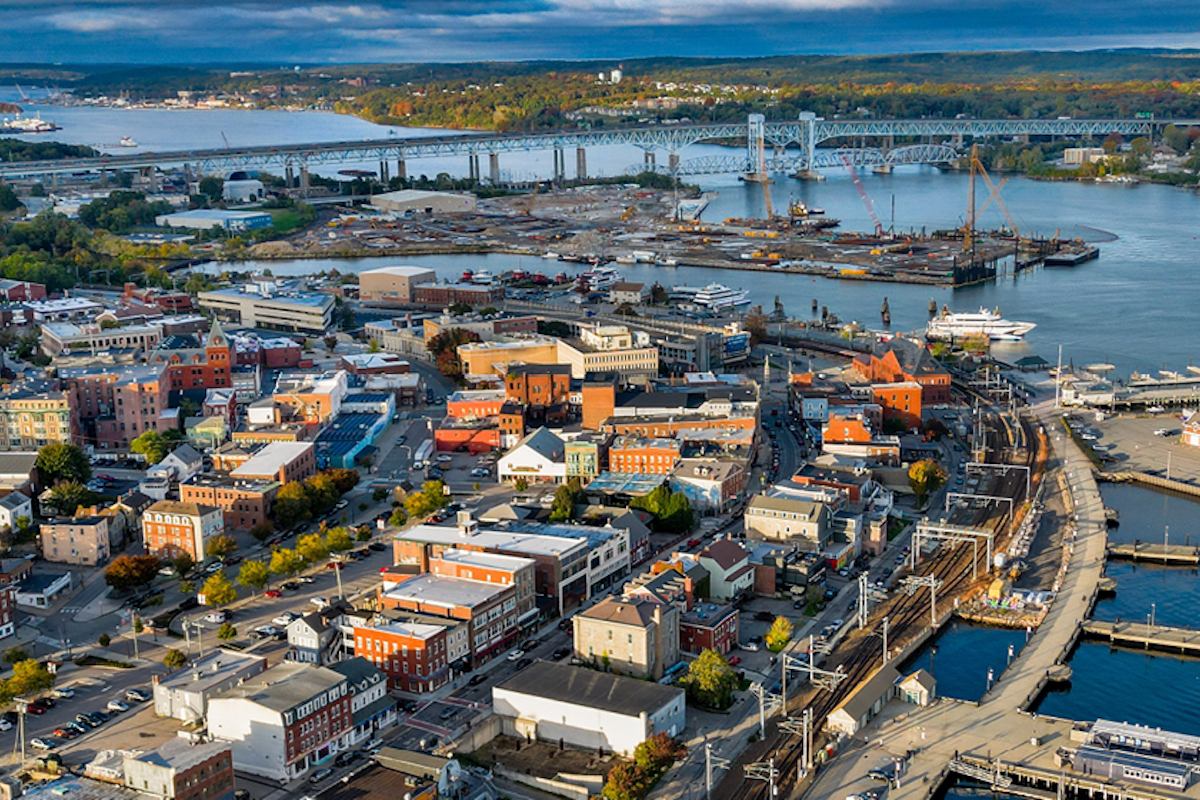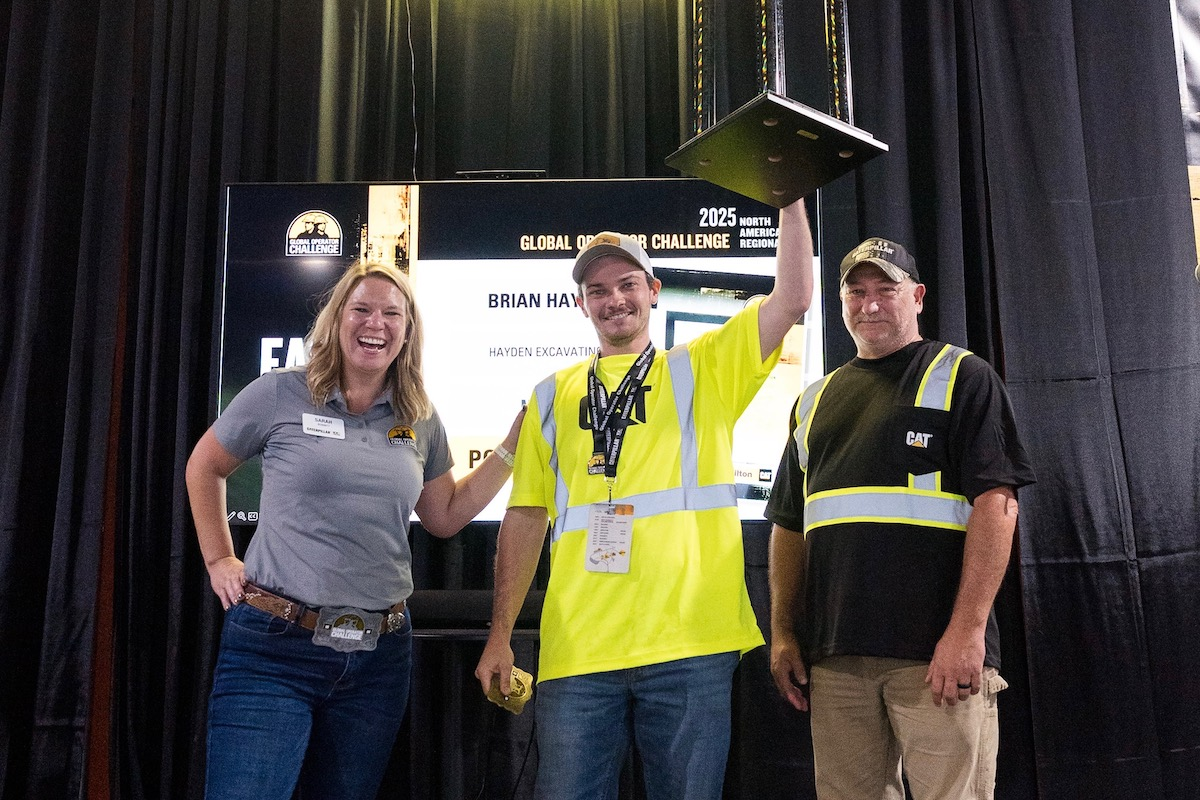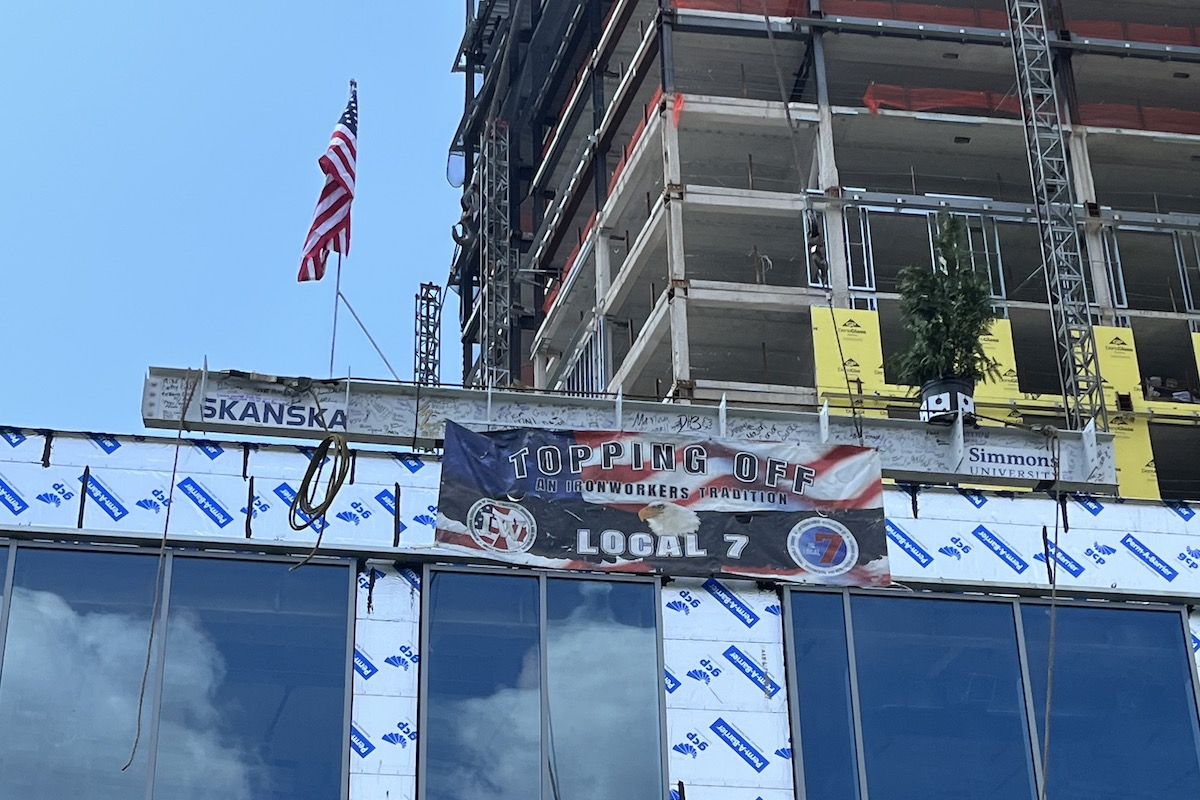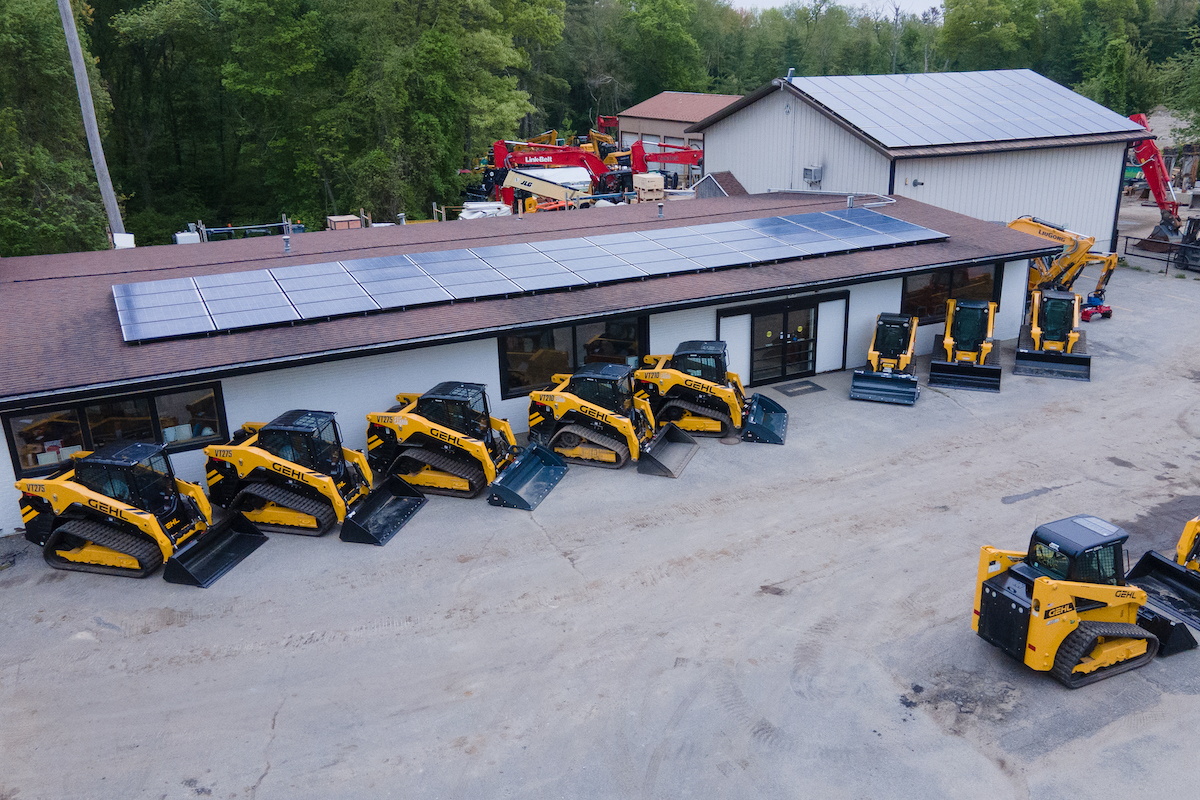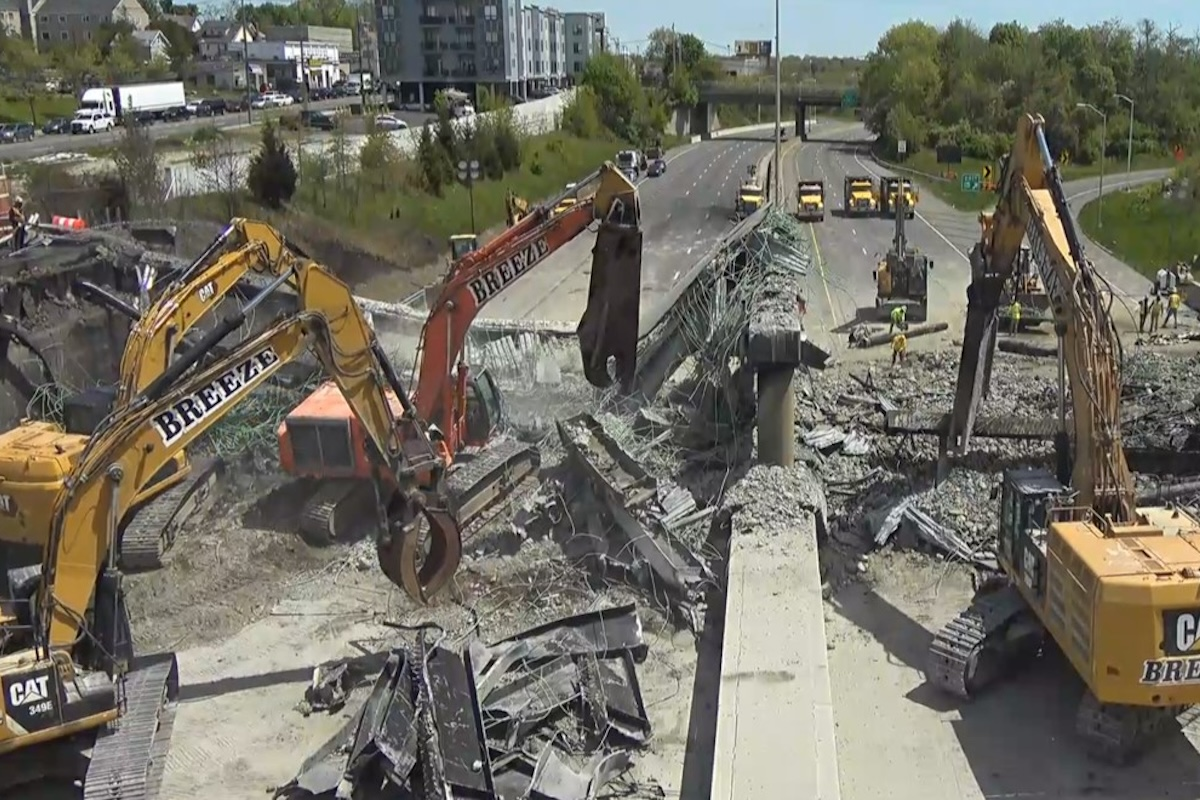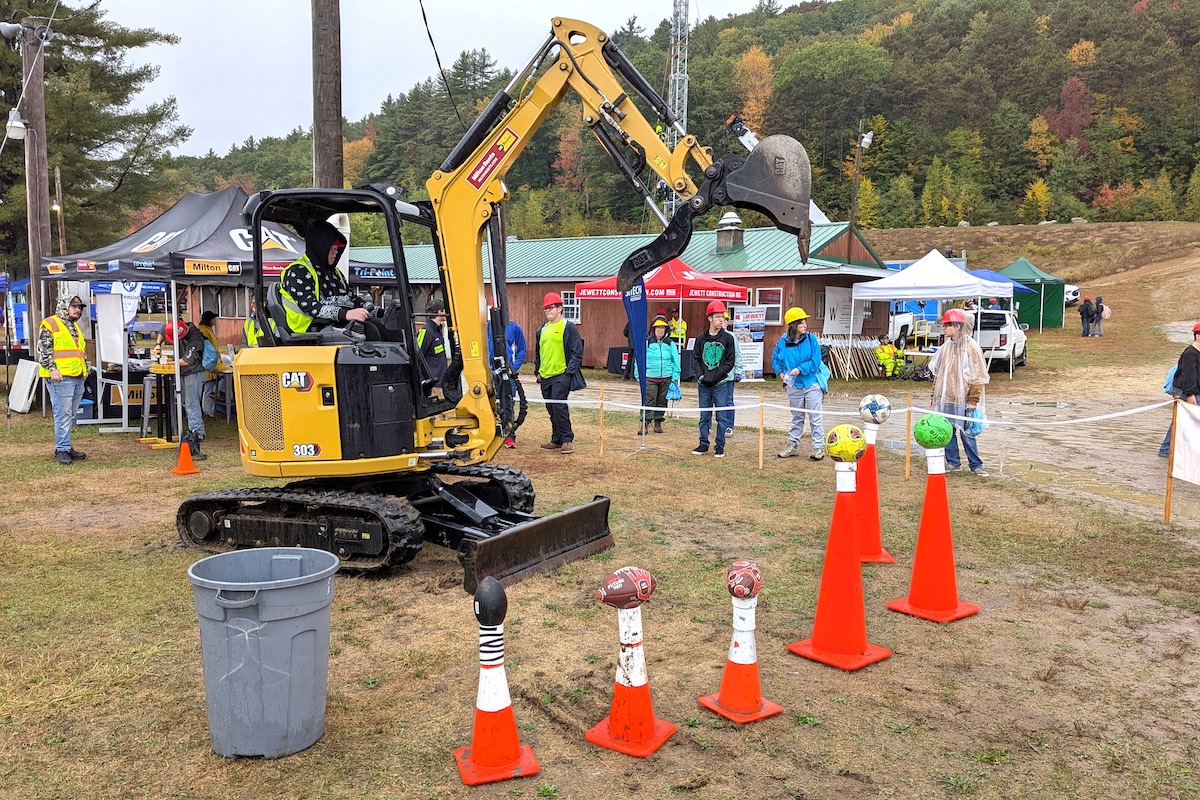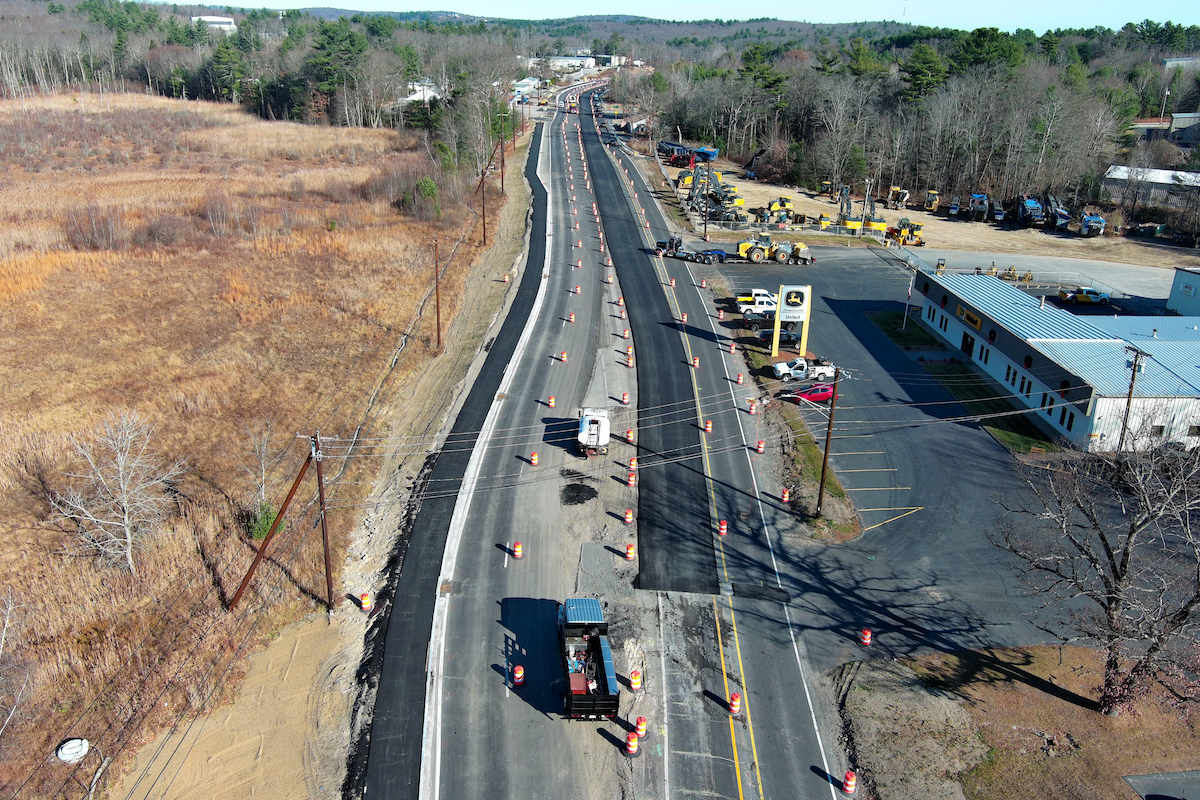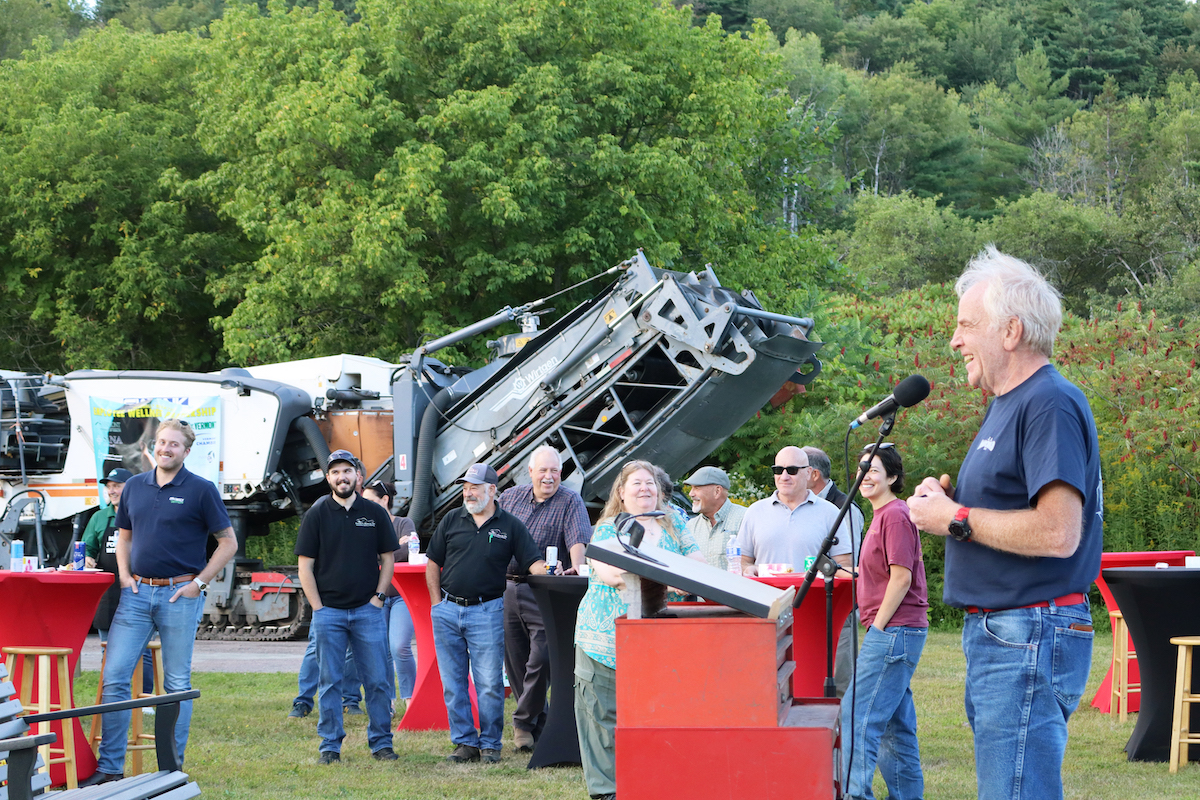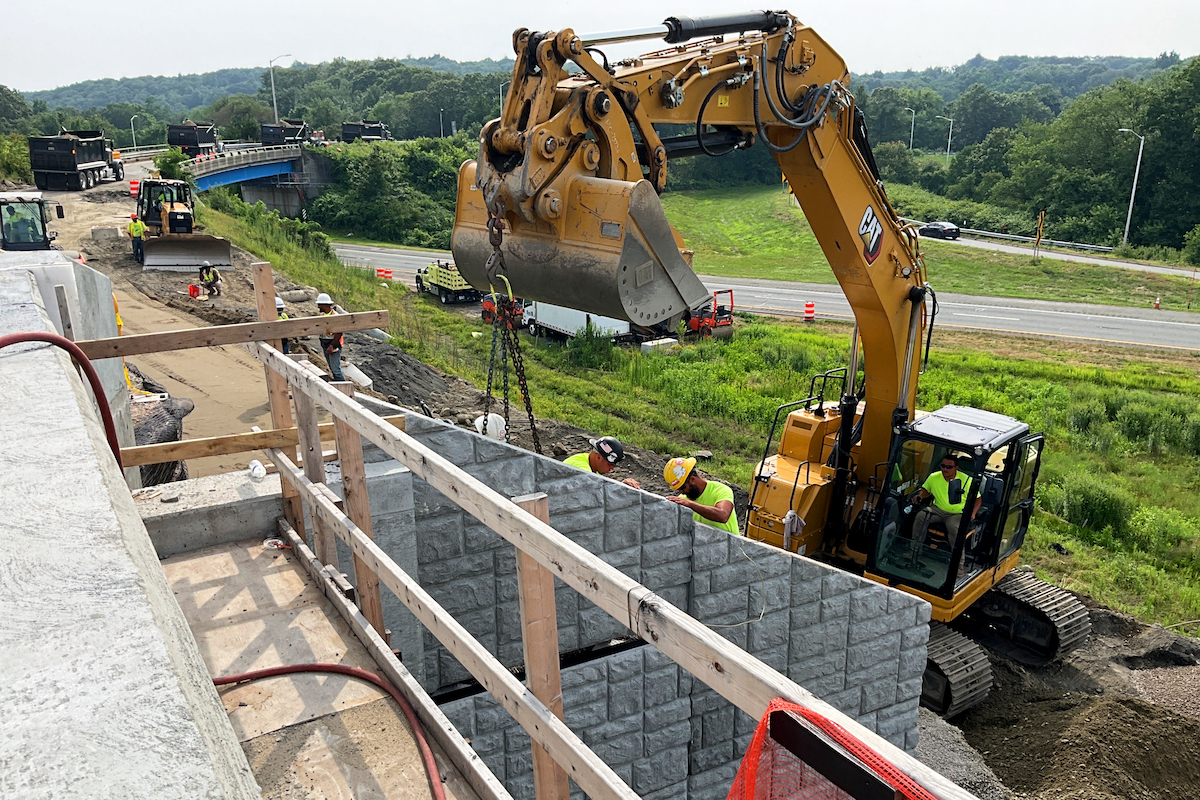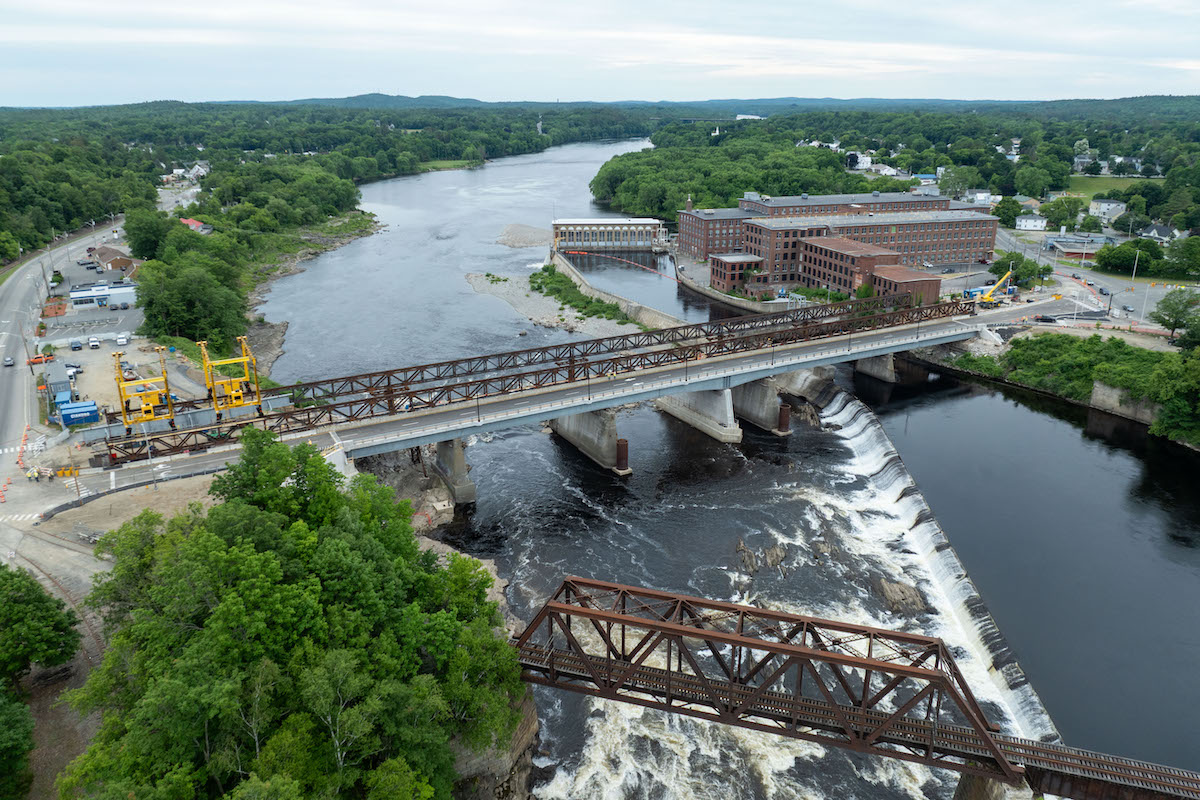The study will launch its public process in the coming months and will include engagement with the community, stakeholders, and local elected officials. The study will review active Article 80 development projects recently approved and under review by the BPDA, to ensure that the local transportation infrastructure is designed to meet future capacity needs while simultaneously addressing shared sustainability, equity, and climate resiliency goals. The study will not only develop a comprehensive plan for the Morrissey Boulevard corridor, but also identify short term investments that can deliver immediate benefits to the neighborhood.
“MassDOT is proud to jointly evaluate and recommend improvements to the Morrissey Boulevard corridor,” said MassDOT Acting Secretary of Transportation and CEO Jamey Tesler. “This study is the first step towards improved multi-modal travel within the corridor and to address current needs and future growth within the corridor while maintaining the essential nature of the parkway.”
The study area is likely to extend to Preble Street on the north and Neponset Circle on the south and be bound by Dorchester Bay and Dorchester Avenue. While the study will be informed by roadway design work for Morrissey Boulevard carried out by DCR over the last several years, its geography will extend further north to include Kosciuszko Circle. It will also include a greater focus on the issues of long-term climate resiliency, taking stock of the sea-level rise modeling and risks to vulnerable communities, and will incorporate mobility, equity, and resiliency goals of the Climate Ready Dorchester planning conducted by the Boston Environment Department and BPDA. The study is expected to last about a year.
The study will prioritize infrastructure designs that meet the city and Commonwealth’s net-zero emissions targets, including maximizing opportunities for sustainable transportation such as walking, bicycling, and transit use, and public realm designs that serve open space needs as well, such as streets and roadways that could be repurposed for open space and recreation.

| Your local Esco Corporation dealer |
|---|
| Genalco |
In conjunction with the study, DCR plans to complete short-term work on Morrissey Boulevard to improve public safety, accessibility, and resilience to flooding impacts. This work will include:
- The installation of six inline tide gates to address stormwater and flooding
- Sidewalk repairs and Americans with Disabilities Act upgrades
- Guardrail and fence replacement at the approaches to Beede’s Bridge
- Replacement or repair of the fence from Malibu Beach to Beede’s Bridge
- Road resurfacing
- Tree pruning and removal
The BPDA and MassDOT will both contribute $500,000 each to begin the planning effort. The planning initiative will build on the strategies outlined in Imagine Boston 2030, Boston's first citywide plan in 50 years aimed at guiding growth, Climate Ready Boston and Coastal Resilience Solutions for Dorchester, and Go Boston 2030. As part of the implementation of Imagine Boston 2030, there are currently 29 full-scale and smaller-scale planning studies currently underway at the BPDA.
Climate Ready Boston, the City of Boston’s initiative to develop solutions to prepare Boston for the impacts of climate change, is led by the City of Boston’s Environment Department and the BPDA, and are part of the strategies outlined in Resilient Boston Harbor to increase access and open space throughout Boston’s 47-mile shoreline while better protecting the vulnerable communities to sea-level rise, extreme heat, and intense participation. The Coastal Resilience Solutions for Dorchester Report is part of eight vulnerable areas identified in the 2016 Climate Ready Boston report and follows studies for East Boston, Charlestown, South Boston, and the Moakley Park Vision Plan to incorporate climate resiliency design to address the threat of coastal flooding and storm surge.
The study also builds on the Baker-Polito Administration’s work with Massachusetts communities to plan and prepare for the impacts of climate change, and investment of over $365 million on climate resiliency since 2015. Almost 90 percent of cities and towns in Massachusetts have joined the administration’s Municipal Vulnerability Preparedness Program.












